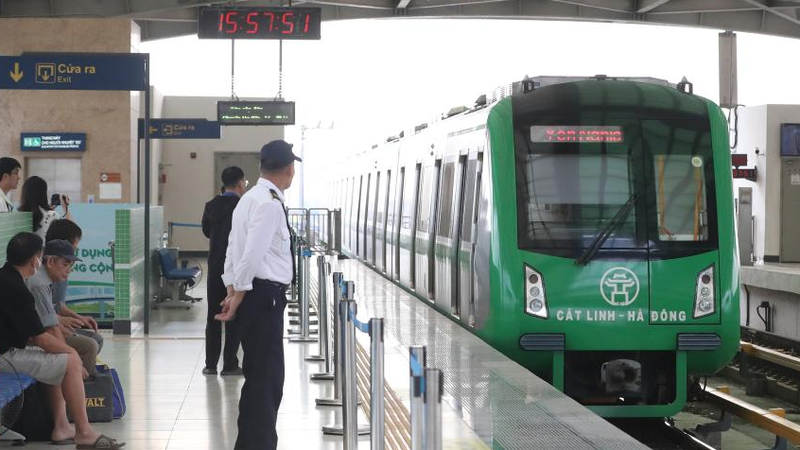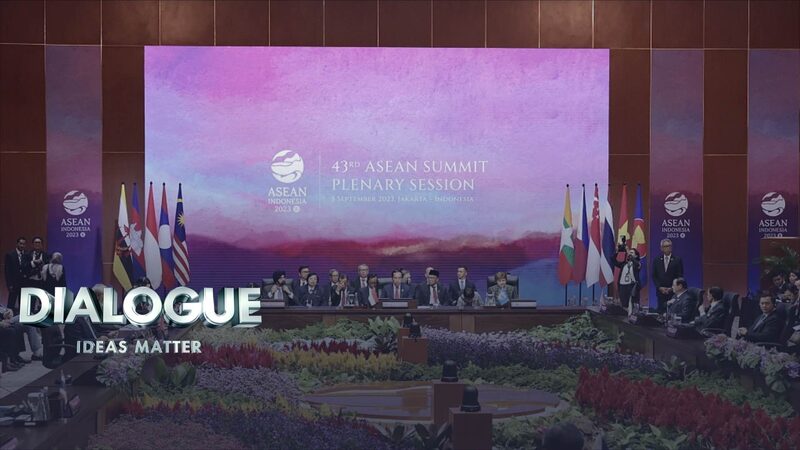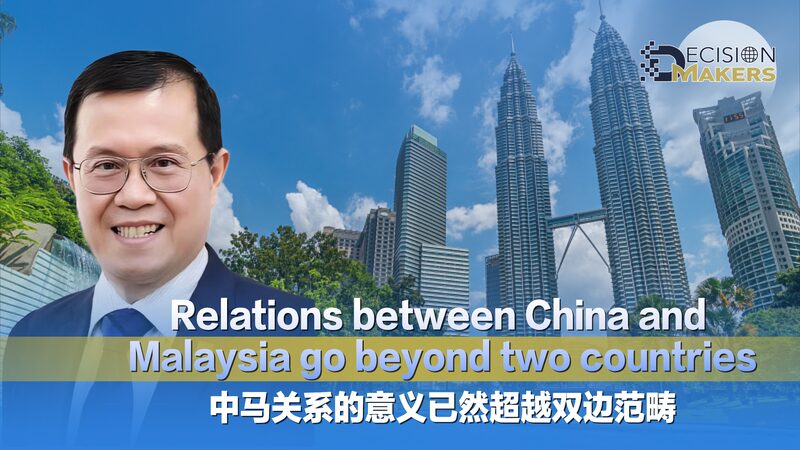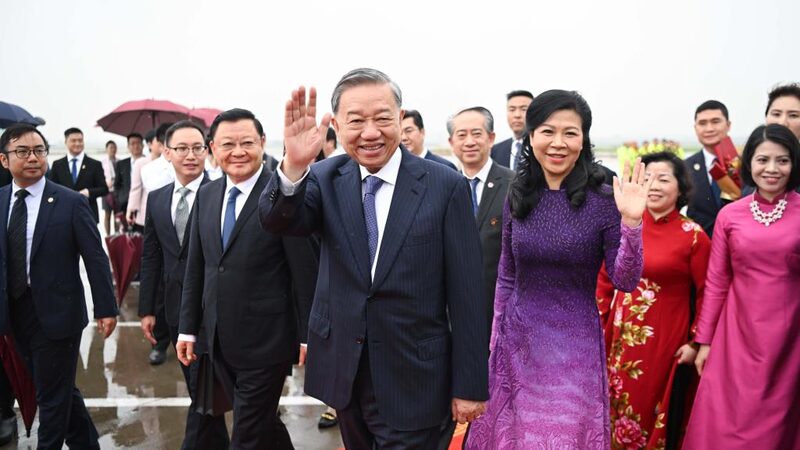Chinese President Xi Jinping's recent visits to Vietnam, Malaysia, and Cambodia underscored Beijing's commitment to strengthening regional partnerships. Against the backdrop of intensifying geopolitical competition, experts warn that external pressures risk destabilizing Southeast Asia's long-standing diplomatic framework.
The Association of Southeast Asian Nations (ASEAN), lauded for fostering stability through its consensus-driven "ASEAN Way," faces growing challenges as major powers vie for influence. The bloc's emphasis on neutrality, dialogue, and economic cooperation aligns closely with China's vision of a "community with a shared future," prioritizing development over division.
However, external strategies centered on military alliances and politicized issues like the South China Sea threaten to fracture regional unity. Such tactics pressure ASEAN members to abandon their non-alignment principles—a move critics argue undermines sovereignty and the Treaty of Amity and Cooperation (TAC), which mandates peaceful dispute resolution.
"Forcing nations into a zero-sum geopolitical game disregards decades of ASEAN-led progress," analysts note. The bloc's collaborative approach has been pivotal in driving economic growth and avoiding Cold War-style bloc politics. Diverting resources toward militarization, they argue, jeopardizes hard-won development gains.
As Southeast Asia navigates these challenges, China's emphasis on infrastructure investment and multilateral engagement offers a counter-narrative to confrontation. Regional leaders increasingly view cooperative frameworks as vital to sustaining the stability that enabled ASEAN's rise.
Reference(s):
Regional partnership and prosperity need engagement, not animosity
cgtn.com







